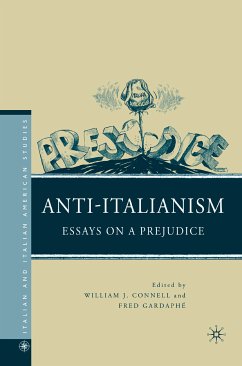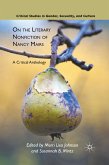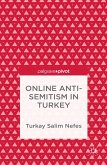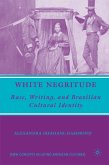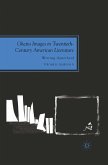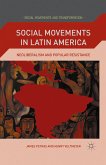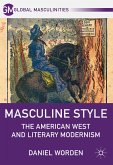Dieser Download kann aus rechtlichen Gründen nur mit Rechnungsadresse in A, B, BG, CY, CZ, D, DK, EW, E, FIN, F, GR, HR, H, IRL, I, LT, L, LR, M, NL, PL, P, R, S, SLO, SK ausgeliefert werden.
"This is one of those very rare books that narrate an important and forgotten story - the experience of American anti-Italianism - and recount it in a rigorous and touching manner, combining historical, sociological and personal perspectives. Italian-Americans must know this story to be aware of how painful it had been for their parents and their grandparents to be accepted and recognized in America. Italians must know it to learn how painful the discrimination, prejudice and stereotypingthey are now too often inflicting on immigrants are." - Maurizio Viroli, Professor of Politics, Princeton University
"At first blush, anti-Italianism seems like a comic punchline, the premise of a Sopranos or Jersey Girls episode rather than the subject of a serious book. Yet behind the wisecracks about gangsters and 'Guidos' lay a long and complex history - a history of pervasive exclusion and persistent stereotyping, of defiant bravado and habitual self-deprecation. As thecontributors to this path-breaking collection show, the history of anti-Italian prejudice has much to tell us not only about the Italian American experience but also about the past and future of America as a whole." - James T. Campbell, Edgar E. Robinson Professor of United States History, Stanford University and author of Middle Passages: African American Journeys to Africa, 1789-2005

